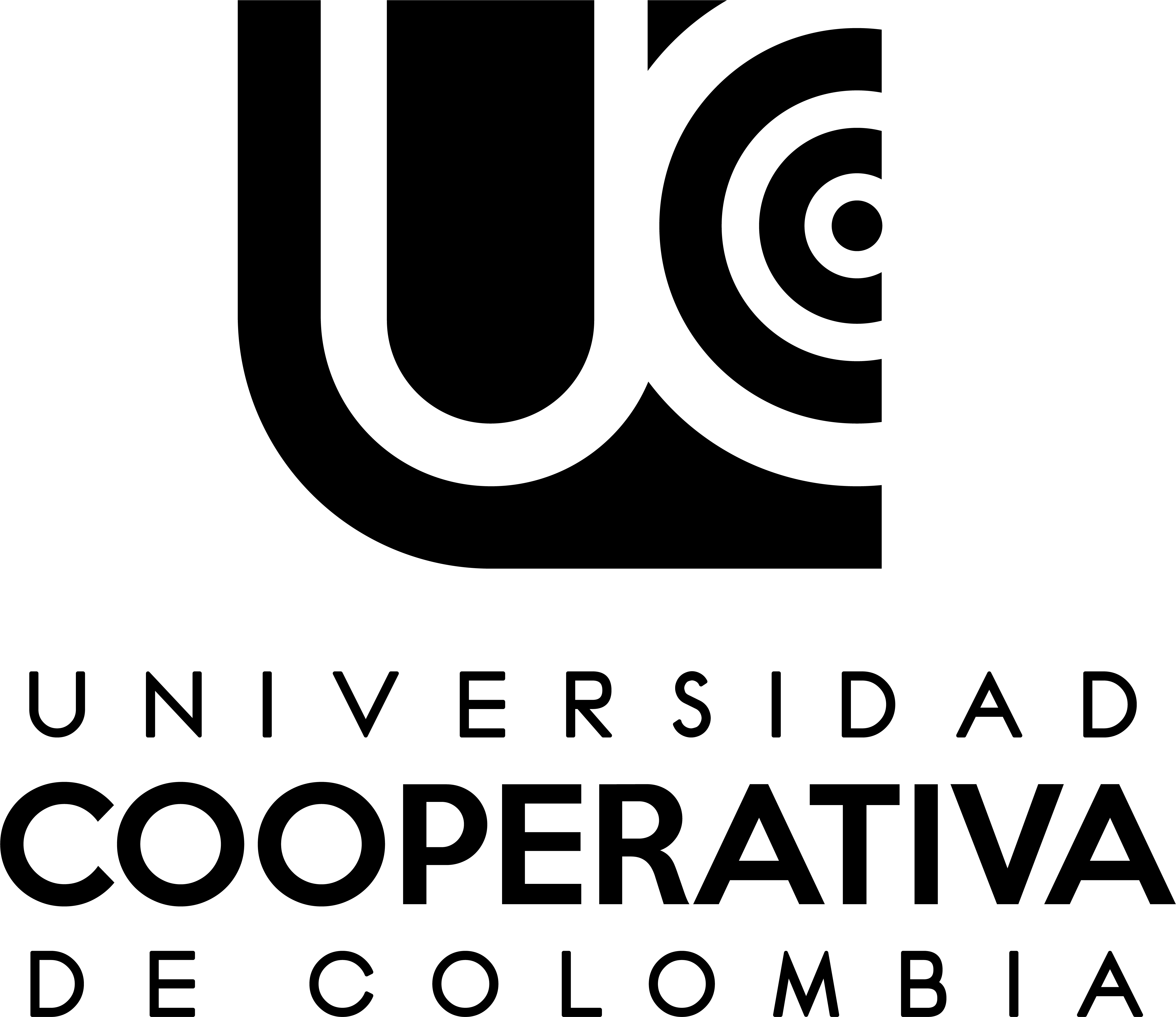Evaluation of the mechanical behavior of soils subject to laboratory fusion processes
Introduction: This article is the product of the research “Transformation of soils subjected to fusion proces-ses in the laboratory”, developed at the Pedagogical and Technological University of Colombia in 2018; this describes the results obtained concerning changes in the physical and mechanical properties of fine soils, especially clay soils, exposed to heating processes at different temperatures, when attempting to expand upon the knowledge of this process as a stabilization alternative.Problem: Soils of recent origin are materials with a behavior that is frequently linked to the geological history. So, it is common to find soils with low resistance problems and excessive deformation; this makes it necessary to “improve” their geotechnical behavior.Objective:The objective of the research is to quantitatively establish the resistance changes of a soil with fine granulometry when it is exposed to different temperature ranges.Methodology:The project was based on a mixed methodology with an explanatory character. The variations of the soil under study are evidenced according to the phases defined in this article.Results:In this article, the changes in the physical and mechanical properties of the soil, when it is melted and subjected to different tests, are exposed. As well, the variations of the results of the unconfined compression test and Atterberg Limits are presented.Conclusion: To review the efficiency of the heat stabilization method as a technique of soil improvement with fine composition, taking into account the variations in the undrained cohesion of the soil.Originality:This is the first that that this research has been carried out in the surrounding fine soils in the area of the lacustrine deposit of the City of Tunja, Boyacá, Colombia; contributing to the geotechnical characterization of the city and to the evaluation of this improvement technique.Limitations: The samples, being fused, must be analyzed in rock test equipment. This contributed to the fact that the tests could not be performed at higher temperatures than those shown in this article












